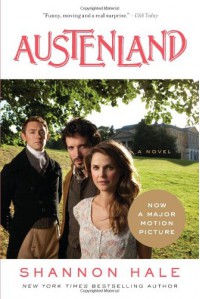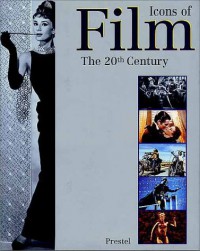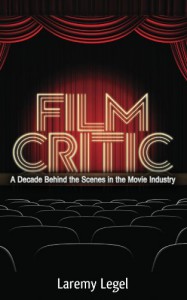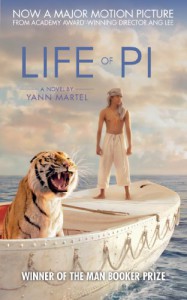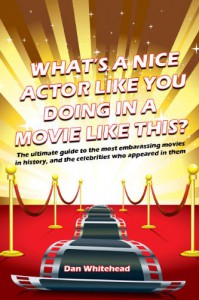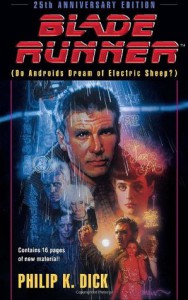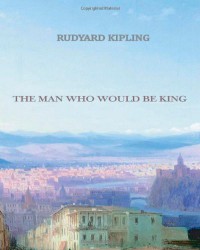
I am impressed, really impressed. Forty three characters (forty two students plus one instructor) and all of them different and exquisitely well portrayed. Every character and their various conducts in such an extreme situation were totally convincing. I was completely immersed in the story right after somewhat confusing and, in my opinion, unnecessary introduction. Actually the whole story was amazing... except the very premise, that bugged me same as it did with The Hunger Games.
Ms. Collins might talk as much as she likes, that she hasn't ever heard of Takami's Battle Royale before going to the publisher with her own book, but the fact is that The Hunger Games - at least the first one I've read - is bleak, simplified... better said, Americanized version of Battle Royale. Battle Royale isn't some kind of dazzling showing off where some contestants signed in voluntarily - it was gruesome top secret fun exclusively designed by and performed for government. No need to justify it with any motives beside pure bloody entertainment for sadistic officials (and masses in case of The Hunger Games). I mean, Romans weren't that hypocritical - panem et circenses, remember? There Collins had lost me, going into elaborate justifications of something utterly superficial and stupid. For any kind of the government.
The game in Battle Royale was also pointless - one even remarked the need for replenishing their youth, because it somehow dwindled in numbers (!) - no subject and official did really care for it (except its very participants) nor knew its any purpose (except those officials who were into gambling, but that was supposedly top secret anyway), but no one did dare to say anything at all, let alone something against it. Government itself was weird one too, with an odd way of commanding and assessing suitability of its subjects. Also, the way it reported that program and results of it to the nation was contradictory and idiotic in itself. But I left all that aside. What was really important, was the fact that nobody really cared to change the way things were... Nobody but those unfortunate students on the island and (some of) their relatives.
What really fascinated me were the students themselves. Sometimes they were described in the third person, sometimes in the first, but all were special - and you as a reader could really sense their unique personalities and unique ways in which they handled the situations they were in. That was amazing, for you could feel the sorrow for every each person there in the game. Even for bad ones, excepting the instructor, of course. They were so young, only fifteen years old - life was just starting for them! Not a single one of them has chosen to be there and to feel such anguish and terror for no just cause. Nobody didn't really want to participate in that game for lunatics. They had to, didn't know what else they could do. Most of them did though feebly retain their spirits by going a bit around the rules. Imagine how that looks to a child now forced to grow up quickly, to know for a fact that your life might end just right now, to be aware that the probability of that event was extremely high because only one of them can be a survivor? Ugh... However, I must admit, sometimes I did wonder do children of that age think like that, most of them seemed too mature for me - but maybe that's because I grew up in the times with a bit different circumstances.
Anyway, every scene in the book was so vivid, so easy to imagine in the mind -- to the very end. I liked the way Takami wrapped the whole story. I haven't seen the film yet, but it had an ending quite perfect for a film. At first it might seem it necessitates the sequel, but I don't feel so. Sometimes it is better to leave things like that, because I feel the point of the story was in the journey, to the deepness of human hearts, not in the final result.



 1
1

